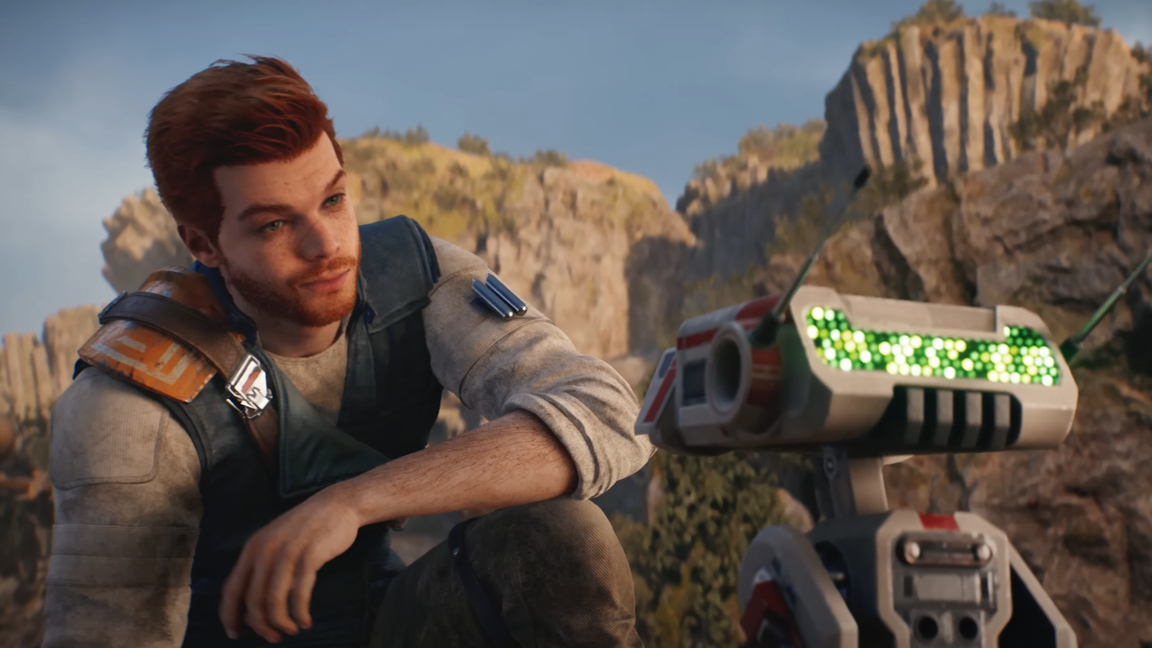
'Star Wars Jedi: Survivor' has officially been released, but not without some hiccups. Pre-launch users reported serious performance issues that couldn't be alleviated, prompting EA to investigate the issue. The 'Jedi: Survivor' team made an official announcement today on Twitter confirming they are aware of the problems and explained plans are in the works to develop patches to improve performance for PC users.
We covered the 'Jedi: Survivor' VRAM problem yesterday, sharing detailed accounts from the community that break down the optimization issues PC users face. These players reported a myriad of problems, from low frame rates, stuttering, and seriously high VRAM usage. These issues persisted not only for those with mid-range level specs but also for users with high-end gaming PCs using top-of-the-line graphics cards.
Some of the best graphics cards for gaming, including the GeForce RTX 3080 Ti and RTX 4090, could not reach 60 frames per second. The VRAM usage was also notably high, with averages around 15 GB and occasionally topping 21 GB. Unfortunately, these problems could not be resolved by adjusting in-game settings or performance settings for the hardware outside of 'Jedi: Survivor.'
Because of the persistent complaints, EA has shared an official response to the problem. The 'Jedi: Survivor' team has confirmed they are aware of the significant performance issues affecting some PC users, noting that the impact seems to apply to those using high-end machines with newer graphics cards. The announcement highlights a particular example of users with newer multi-threaded chips designed for Windows 11 having issues running the game with Windows 10 and high-end graphics cards paired with lower-performing processors.
The team is working to devise a solution that will impact as many configurations as possible. They also explain that these patches will require "significant testing" to ensure new problems aren't introduced. It's currently unclear when such patches will be made available or how long testing will take before they can safely be released. The official announcement is public on the official EA Star Wars Twitter profile, where we assume future updates will also be shared.







